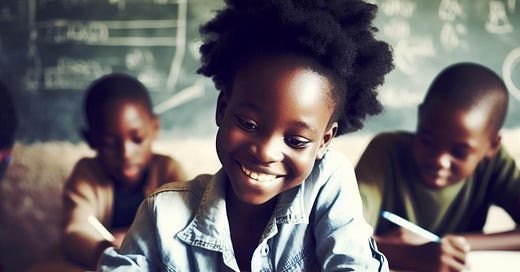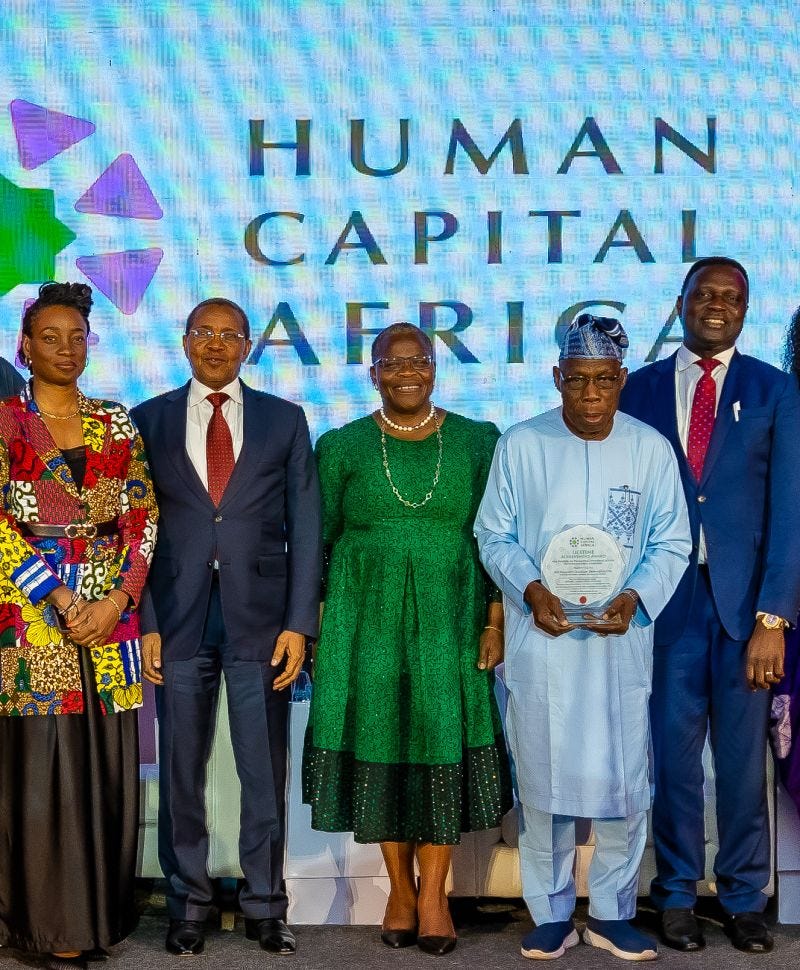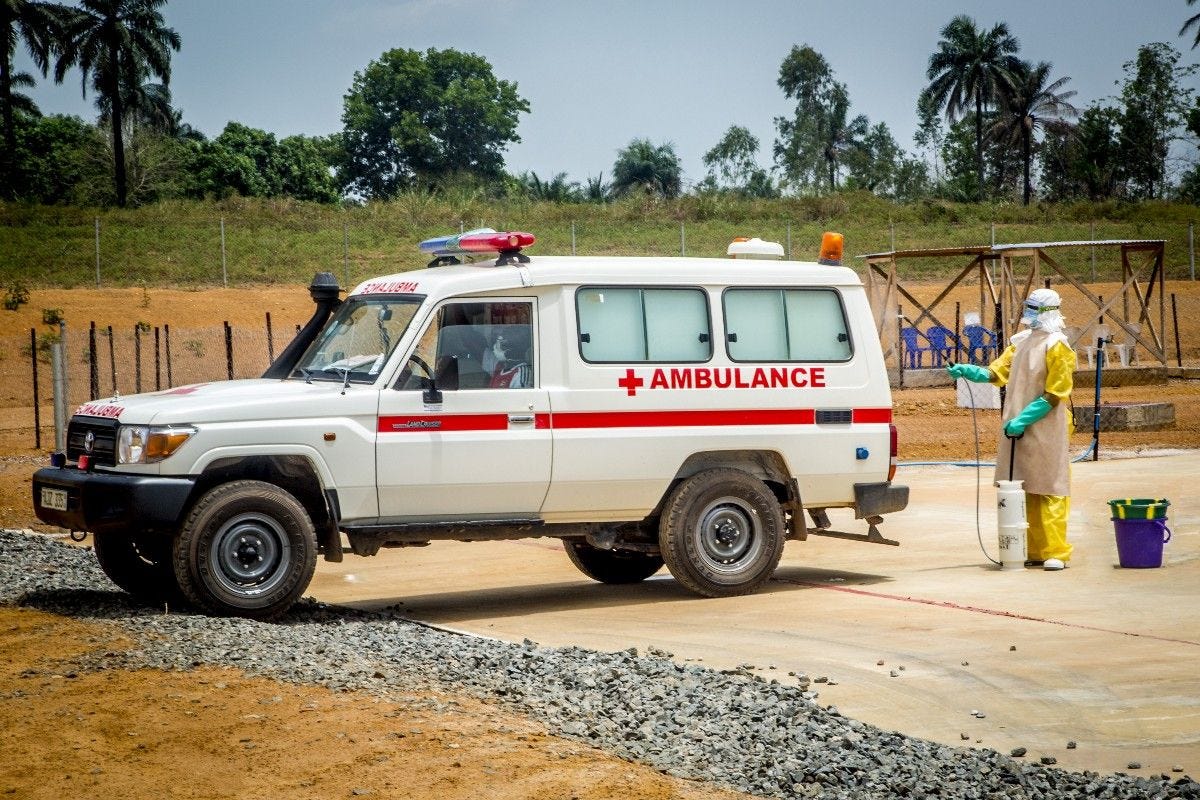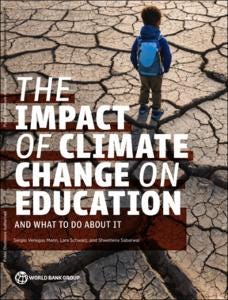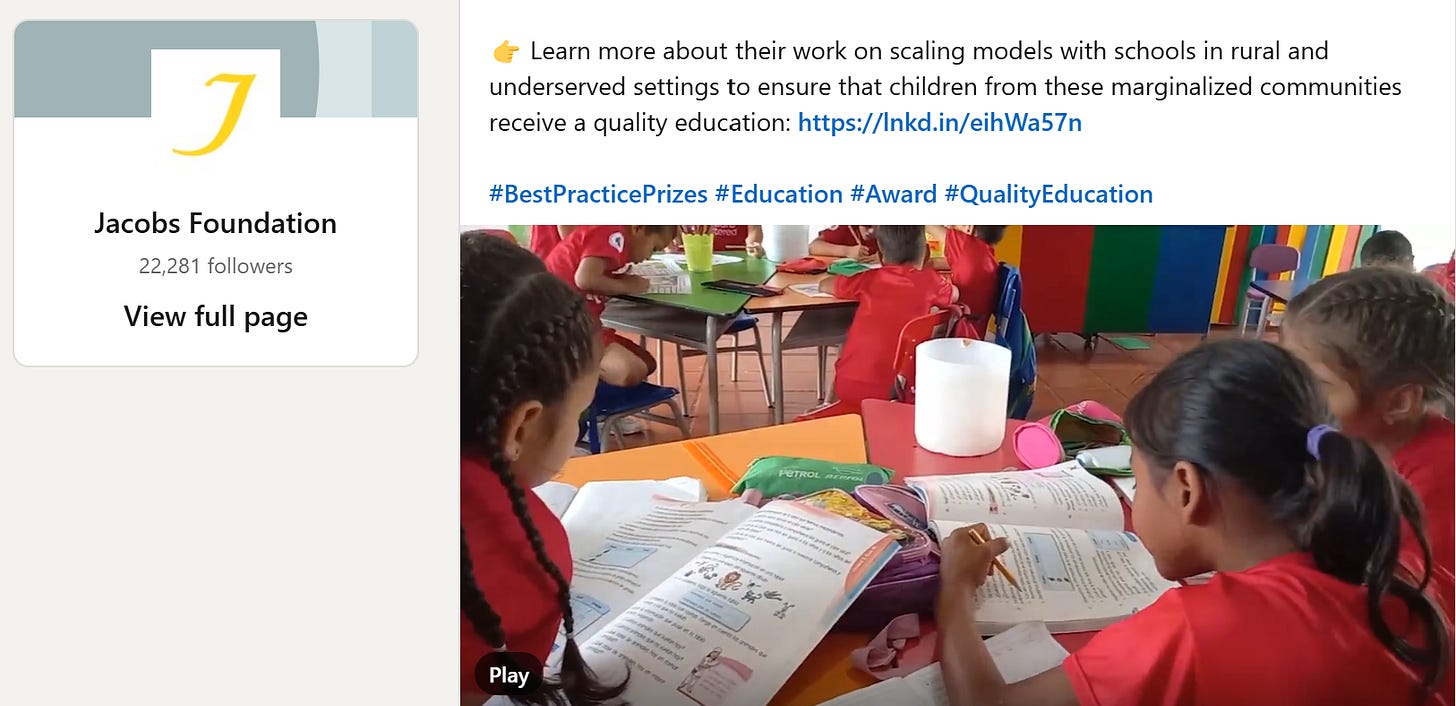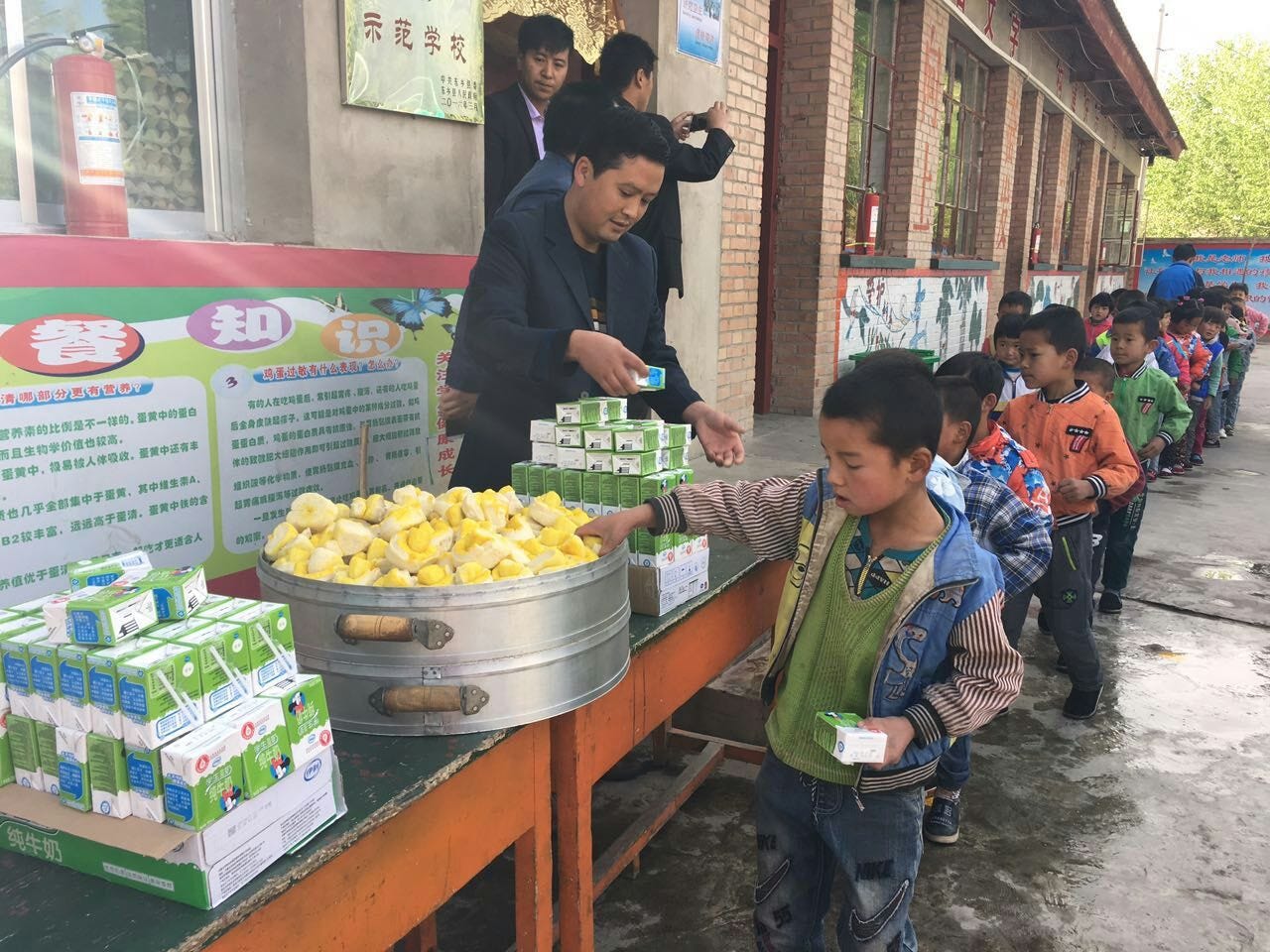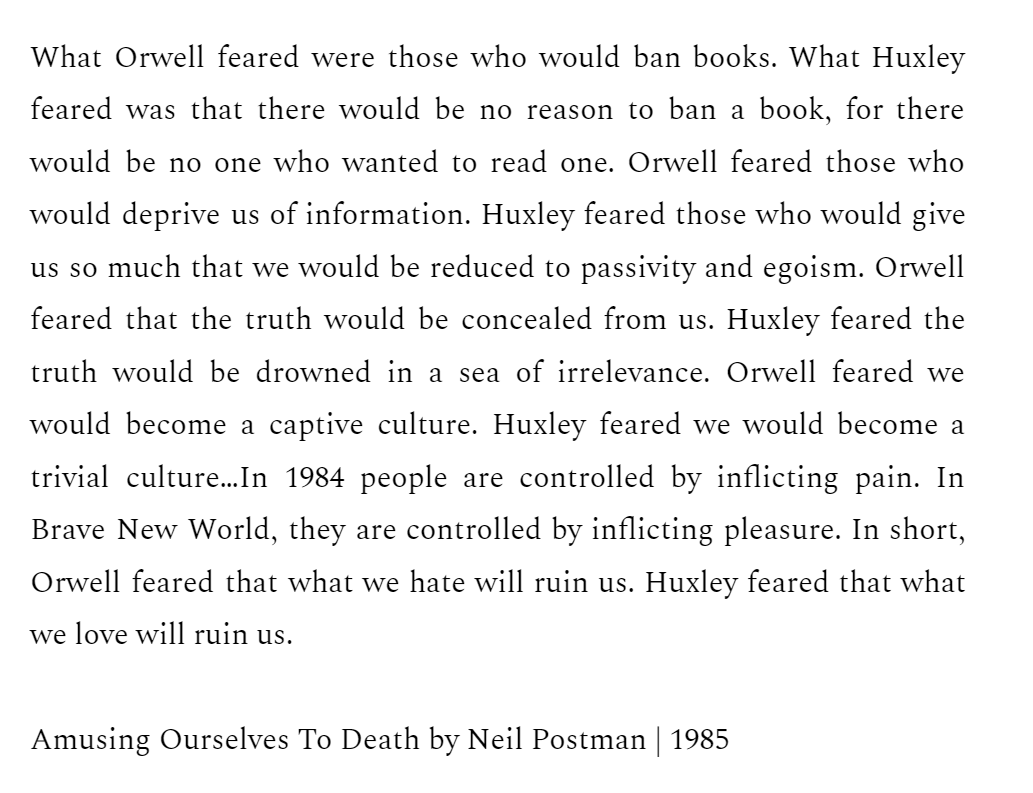(If this message does not format properly in your email - please click the “Read in App” above, top right).
Introduction
This month’s newsletter is a light version with no main feature given the prevalence of holidays at this time of year, including mine.
Part of the purpose of this newsletter is to showcase the work and writings of southern based educators. So far, within the first nine issues, there have been interviews with : Tsitsi Chataika, Harry Kuchah Kuchah, George Werner and two anonymous educators from war zones ; plus a piece on Multigrade, Multilevel education in India from Parthajeet Das.
If you have a story to tell about an education initiative in the global south, an issue you think needs wider awareness, or something you think will be of interest to this nearly 500-strong community of practitioners in international education, please get in touch via the button below. Or, if you want to suggest someone for me to approach, feel free to drop me a line.
In the meantime, happy holidays, if you are having them.
Andy Brock, August 2024
Subscribe for free and receive each issue of Re Education automatically to your inbox.
Thinking is difficult, that’s why most people judge. Carl Jung
News
Lots of noise continues around the African Union Year of Education (AUYOE). A Presidential briefing to mark the midpoint of this special year was held recently – see write-up here and video summary here. But, though awareness and consensus is essential, actions are even more so. Where are the announcements of new programmes, larger government support and joined-up resources to address the learning crisis ?
The latest Global Education Monitoring (GEM) Spotlight report called “Learning Counts” has just been published to coincide with the AUYOE. It focuses on foundational learning in Africa.
All the appointments in the new team at FCDO have now been made.
Crown Agents, one of the oldest development consultancies in the UK, has ceased trading. Not unexpected that someone in this industry should go to the wall - I’ve heard of a few smaller others who have disappeared without much noise – but, surprised that of the larger agencies it should be Crown Agents first. They said their decision was “exacerbated by the recent ongoing cuts to British Official Development Assistance (ODA)”. Full statement here.
Great news that the Government of Sierra Leone has enacted a law to ban child marriage ! Good for girls’ education too. In a related effort – a new National Referral Protocol has been launched guiding officials and professionals in a range of sectors on how to handle support to victims of violence and abuse. Sierra Leone continues to lead the way in this area.
Development
Worth reading this very important article in DEVEX about the impact of excessive heat on children’s education. This is becoming an urgent issue in many parts of the world where climate change is manifesting itself in extreme climate events from heatwaves to flooding. The article references a report published in May by the World Bank called The Impact of Climate Change on Education and What to Do About It. Shwetlena Sabarwal, one of the authors, is quoted in the Devex article commenting on the impact of heatwaves saying, “This is disastrous for learning”.
For an example of how one country, Burkina Faso, is dealing with this through innovative design of school buildings, where air con is not needed in temperatures of 40C, see this article in The Guardian. Expect much more research and awareness-raising on this issue in the months and years to come.
Voices from the front
Jacobs Foundation are running a Best Practice prize in education. One of their finalists : Fundación Escuela Nueva (FEN) is highlighted in this short video. The ingredients of their success are not new : participatory approaches in the classroom ; training of teachers and administrators ; engagement of government officials. But, in each place the recipe is a little different : is this a winning cake ?
Save the Children reports that more than 38,000 people in Afghanistan, more than half of them children, have been displaced by extreme weather events already in 2024. Their solar powered water pumps address one issue keeping children from school or being late.
Voices from the rear
(Gray and Published Research)
An excellent blog published through UKFIET by the RISE research team on lessons from RISE Ethiopia on the importance of partnerships to the successful influence of research on policy making, responses to COVID 19 and lessons on learning outcomes. See here. The full report (referenced in the blog) is also worth skimming – though it would be good to see a section on things that didn’t go well, or as expected. No-one likes washing dirty laundry in public, but, without some balance this type of report can resemble a hagiography.
A study on the “Intergenerational Impacts of Secondary Education : Experimental Evidence from Ghana” has some significant findings. The authors found that secondary school stipends given to girls delayed marriage and childbearing : so far, so well-known. But, additionally they found that the financial support led to a massive 45% reduction in child mortality for the stipend holders’ children ….and cognitive gains to boot. The impact of the same stipends for boys / men was negligible - very disappointing. Where would you put your money ?
A paper to make you salivate : “The power of a meal. School feeding and its educational effects: Evidence from Colombia” on the impact of school feeding Colombia finds that drop out (10-25%) and repetition (7-13%) are reduced, grade completion increased (39%)…and there are positive impacts on learning outcomes.
History Lessons
With reference to the research on school feeding in Colombia (cited above), feeding children adequately at school is not new, but some ideas need the right window of opportunity.….
In 2004 the Gansu Basic Education Project (GBEP) in China, with financial and technical support from DFID, piloted a free lunch programme in remote minority areas to try to increase the enrolment of those children who had to walk long distances to school but could not return home for lunch or were too poor to bring or buy food.
The pilot, though very small (two remote single teacher schools and two village schools), was very successful – increasing enrolments in the pilot schools, especially for girls, and pushing up retention rates to above 90%.
But, it was not expanded : the cost was considered by local officials to be too high and there was scepticism despite the results. Speculatively, there was also possible ambivalence about having to provide food to children in areas thought to be self-sufficient.
11 years after the project ended, in 2017, on a return visit to Gansu, the review team was surprised to observe free school breakfasts for all children in all rural schools the counties visited : an egg, a piece of bread and some milk. This was a local adaption of a centrally-funded national policy introduced in 2011 to provide free school lunches in all poor rural areas in China.
While it would be nice to think this GBEP initiative had some influence on the 2011 policy, it was more likely that the catalyst was NGO reports of stunting in young children in rural areas and local government recognition of the potential effectiveness of breakfast / lunch in attracting children to school and helping their concentration.
See the full GBEP review here : “The Ripple Effect”
…and finally
When there is so much talk of the rise of fascism, of the controlling state…and so much discussion of the malign impact of social media and addiction to smartphones… and so much blamed on education systems and teachers, it’s worth reading the prescient words of Neil Postman in 1985, comparing George Orwell’s “1984” and Aldous Huxley’s “Brave New World”.
And if you want to read a fuller article about the man who wrote this – see here.
If you know someone who would be interested in reading this newsletter, please pass on, by clicking the share button below. Subscription is free - subscribers receive each issue of Re Education automatically.

